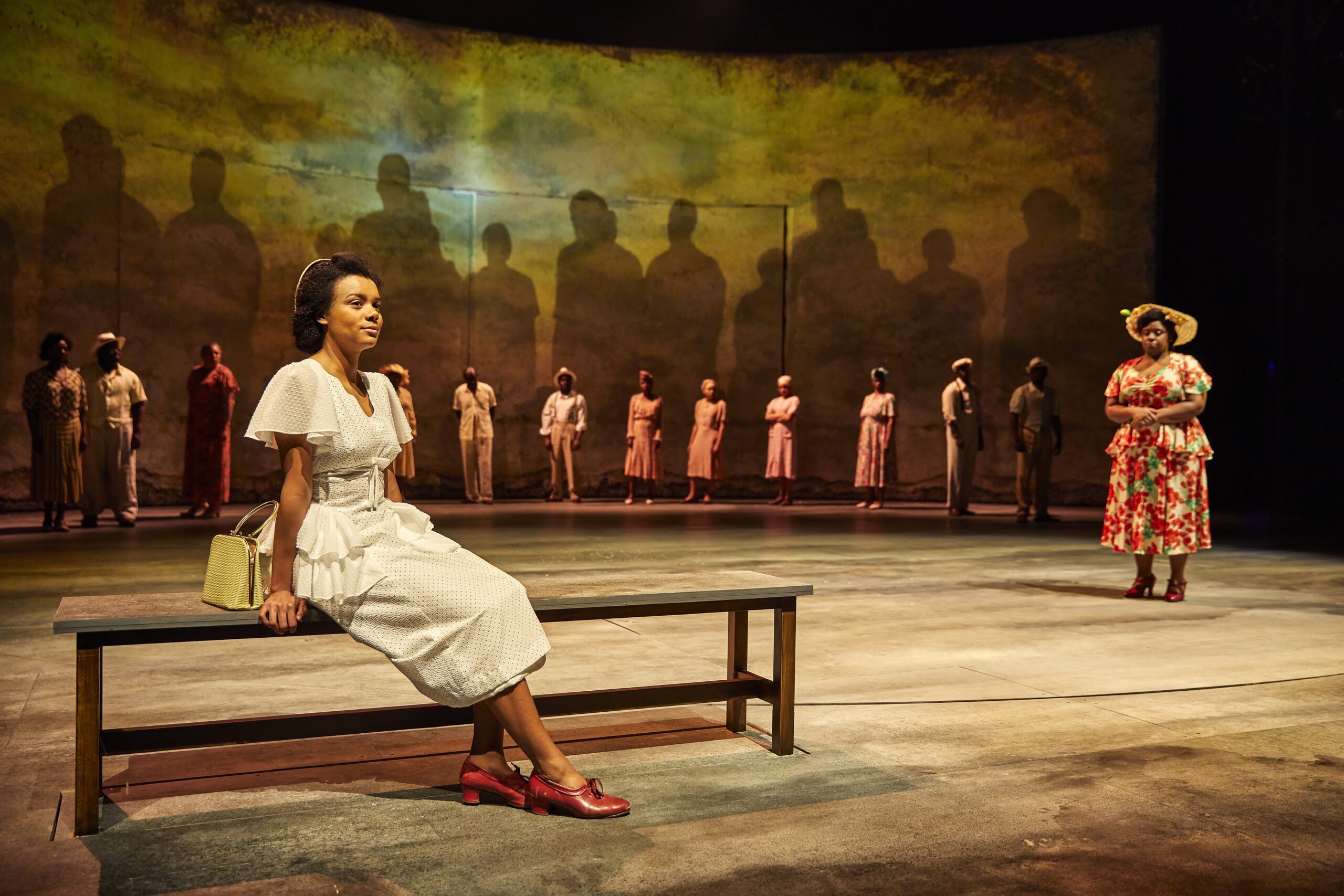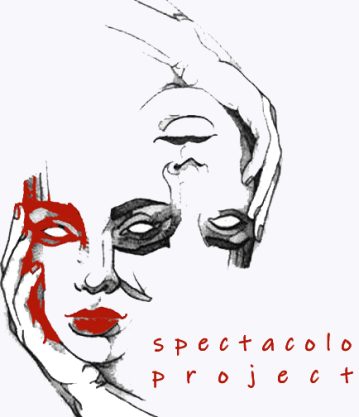
The State of Theatre Education In Uganda 2023 For Professionals, Students and Young people
The performing Arts scene in Uganda
Uganda’s performing Arts scene was promising and prospering till the covid pandemic – it is unfortunate dueto this period that its currently forging its way to revive itself. Before the pandemic – the performing arts in general, that includes – music, dance, theatre and film were producing and presenting a record number of productions and content each year. Setting a new narrative and a culture trend for Uganda’s audience and changing the consumption behavior. But after two years of the pandemic lockdown in Uganda, the industry has weathered to the bottom – this is mainly due to the lack of sustainable investments, systemic approaches and lack of government interest and intervention to support and the secure the industry. Even though the music industry managed to survive the period – mainly due to the strong global streaming platforms like Spotify, iTunes and others – the rest of the performing arts continue to suffer most especially but not limited to theatre, contemporary dance, film and classical music.
Currently, these most challenged industries are still not yet back on their feet – they are continuing to struggle through the tides – weighing in on how the artists and practitioners have to restart their careers, finance their initiatives and build new audiences. The investments made before the pandemic period are lost and there are not many options for financing and support to the committed artisans.
What kind of repertoires interest the Uganda theatre scene
There is a two-way approach, appreciation and perception when it comes to theatre and repertoiresthat interest Ugandans. Just like the film industry – theatre in Uganda is divided between the elite uptown new generation of practitioners and playwrights and the traditional, very local downtown theatre practices and presentations. However, the downtown theatre scene seems to be the most popular in audience and revenue returns – the uptown theatre scene is struggling to build and own an audience partially because there is little understanding and appreciation of theatre within the growing middle class which would be the most ideal and potential clients.
Within the uptown theatre scene – one would find at the national theatre the Shakespeare productions mainly presented by the expatriate community – (like the Kampala Drama Theatre society) and some NYU cohorts with expectations of standard and professionalism. It is a promising scene because it does not only present an English tradition of classical repertoires to Ugandan theatre but also offers the opportunity and experience to theatre students and literary professionals.
The downtown theatre on the other hand presents a very local story-telling custom in relation to common narratives and issues of society. It has been infiltrated though with the growing comedy trends audience just for laughter. Which comes from the fact that many Ugandans like jokily moments that seem to help them relieve their day-to-day economic struggles and stress.
What kind of professionals engaged in the theatre practice in Uganda
Besides some of the professionals in the industry taking interest in theatre as a result of their – sometimes focused – participation in arts and theatre studies at Makerere university, which is Uganda’s most prestigious institution of learning. The university does not offer much of a practical and advanced skills training to its students. Besides the 60’s and 70’s when the university still had standards and its graduates’ become legends of the time – it currently does not offer any significant results when it comes to all graduates that come out of the university. There has not been any development within the theatre scene when it comes to collaborations and exchanges, use of new technologies and other digital mediums that would advance the standard of theatre in Uganda. It is unfortunate that even with the new generation of the elite – NYU cohorts seem to fail to deliver more professional presentation and content of their works mostly due to the fact that they are not able to finance it or find relevant professionals to support their endeavors. It is therefore not very clear to all what is and most needed levels of professionalism to make theatre thrive in Uganda today.
What educational fields exist in Uganda’s professional theatre scene:
Despite its poor performance and results, Makerere University still stands out as the most prestigious institution in the country that offers advanced level of learning when it comes to theatre education in Uganda – although their focus is very much focused on theory than practice. It would have been much more ideal for the university continue this path if there were other practical and private institutions or initiatives that could offer internship and theatre stage experience for the industry to leverage – but that is not the case. It is therefore non-existent to analyze and appreciate the Ugandan system when it comes to professional theatre education and practices
What challenges does the theatre scene face in Uganda today:
The challenges facing the theatre industry in Uganda are not unique to the rest of the subsector in the arts. There continues to be:
- Lack of systemic and deeper investments in the industry. This includes but not limited to policies, financial support, reforms, appreciation and proper cultivation of young people and potential audiences,
- The lack of adequate educational facilities, practice spaces and exceptional relevant content and productions to inspire a new generation,
- The lack of best-case scenarios, inspirational productions that would cultivate and build audiences
- The lack of professionalism at all levels – from playwrights, actors, stage managers, costume and stage designers, makeup artists, etc.
What are the specific needs in relation to the challenges:
All the above challenges are a necessity to see the theatre industry thrive.
- The need for more commitment from entrepreneurs and practitioners
- The need for a strong advanced level education systems, practical opportunities and informal trainings,
- The need for more international experience and exposure to theatre for young audiences as future patrons,
- The need for sustainable financing and investment in the industry that would guarantee future investments,
- The need for conducive policy frameworks and incentives to foster further investment
- The need for a willing experiencing audience that is not afraid to take risks in supporting local productions and content – whether its upper class or from downtown.



